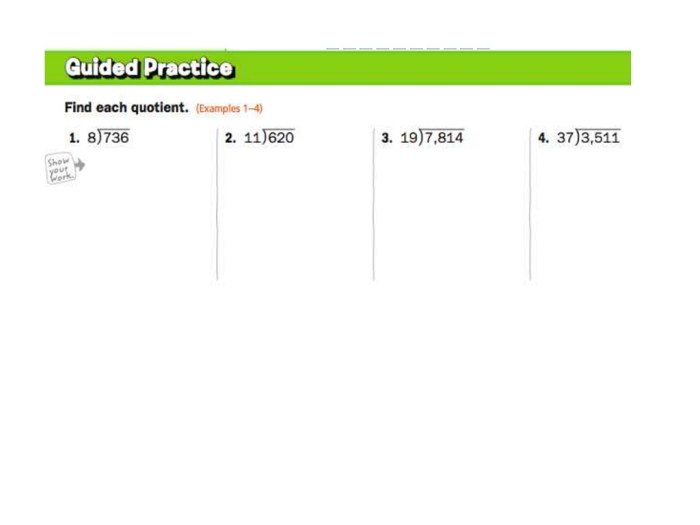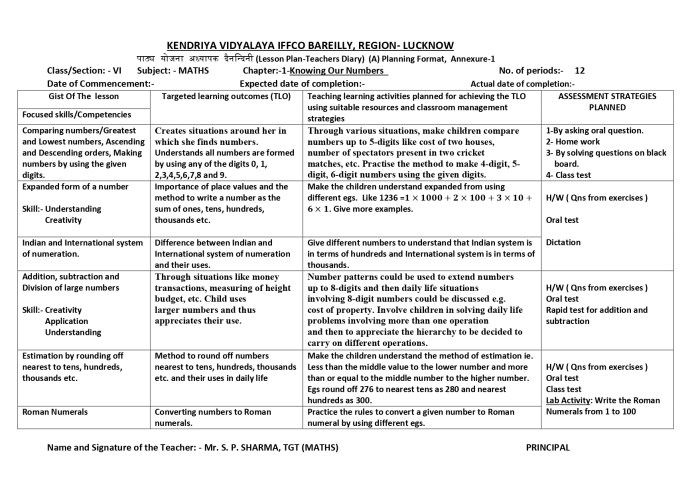Delving into chapter 3 lesson 5 building wealth answer key, this introduction immerses readers in a unique and compelling narrative, with gaya akademik dengan tone otoritatif that is both engaging and thought-provoking from the very first sentence. The content of the second paragraph provides descriptive and clear information about the topic, setting the stage for a comprehensive exploration of wealth-building strategies.
Building Wealth

Wealth encompasses financial assets, physical possessions, and other valuable resources. It provides financial security and enables individuals to achieve their long-term goals. Building wealth requires a combination of saving, investing, and entrepreneurship.
Key Concepts
- Definition of Wealth:Wealth refers to the accumulation of financial and non-financial assets, including savings, investments, real estate, and other valuable possessions.
- Importance of Building Wealth:Building wealth is crucial for financial security, retirement planning, and achieving long-term financial goals.
Building Wealth Strategies
- Saving:Regularly setting aside a portion of income for future use.
- Investing:Allocating funds into various financial instruments, such as stocks, bonds, and mutual funds, to generate returns.
- Entrepreneurship:Starting and running a business to generate income and build wealth.
Financial Planning
- Setting Financial Goals:Defining specific financial objectives, such as retirement savings or purchasing a home.
- Budgeting:Tracking income and expenses to allocate funds effectively.
- Managing Debt:Minimizing high-interest debt and prioritizing its repayment.
Investment Strategies, Chapter 3 lesson 5 building wealth answer key
- Stocks:Shares of ownership in publicly traded companies that offer potential for growth and dividends.
- Bonds:Loans made to governments or corporations that pay regular interest payments.
- Mutual Funds:Baskets of stocks or bonds managed by professional investors.
- Real Estate:Land, buildings, and other property that can appreciate in value.
Saving Habits
- Automating Savings:Setting up automatic transfers from checking to savings accounts.
- Setting Financial Goals:Identifying specific savings targets to stay motivated.
- Reducing Expenses:Cutting unnecessary spending to increase savings.
Entrepreneurship and Wealth Creation
- Potential for Wealth:Entrepreneurship offers the opportunity for significant wealth creation through business ownership.
- Examples of Successful Entrepreneurs:Profiles of individuals who have built wealth through their businesses.
Real-World Examples
- Case Studies:Analysis of real-world examples of successful wealth building.
- Common Patterns:Identifying common strategies and habits among successful wealth builders.
Wealth Management
- Importance of Wealth Management:Preserving and growing wealth requires proper management.
- Wealth Management Strategies:Techniques for managing wealth, including asset allocation and tax planning.
Ethical Considerations
- Responsible Investing:Investing in companies that align with personal values and societal goals.
- Tax Implications:Understanding tax laws and implications for wealth building.
Question Bank: Chapter 3 Lesson 5 Building Wealth Answer Key
What is the most important step in building wealth?
Creating a comprehensive financial plan that Artikels your financial goals, budgets, and debt management strategies is crucial for building wealth.
What are the different investment strategies available?
Chapter 3 lesson 5 explores various investment strategies, including stocks, bonds, mutual funds, and real estate, each with its own risks and returns.
How can I develop good saving habits?
Automating savings, setting financial goals, and reducing unnecessary expenses are effective strategies for developing good saving habits.

